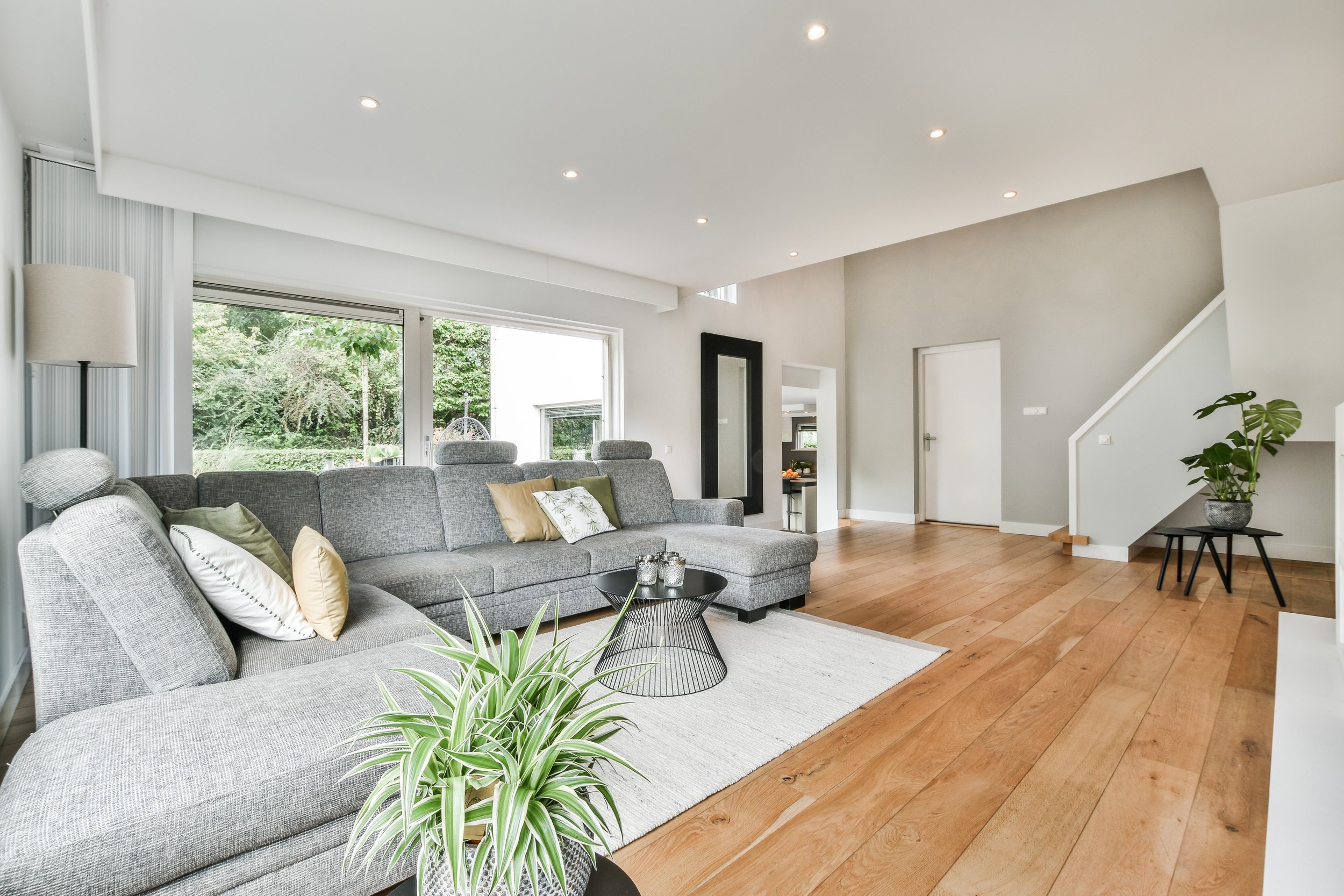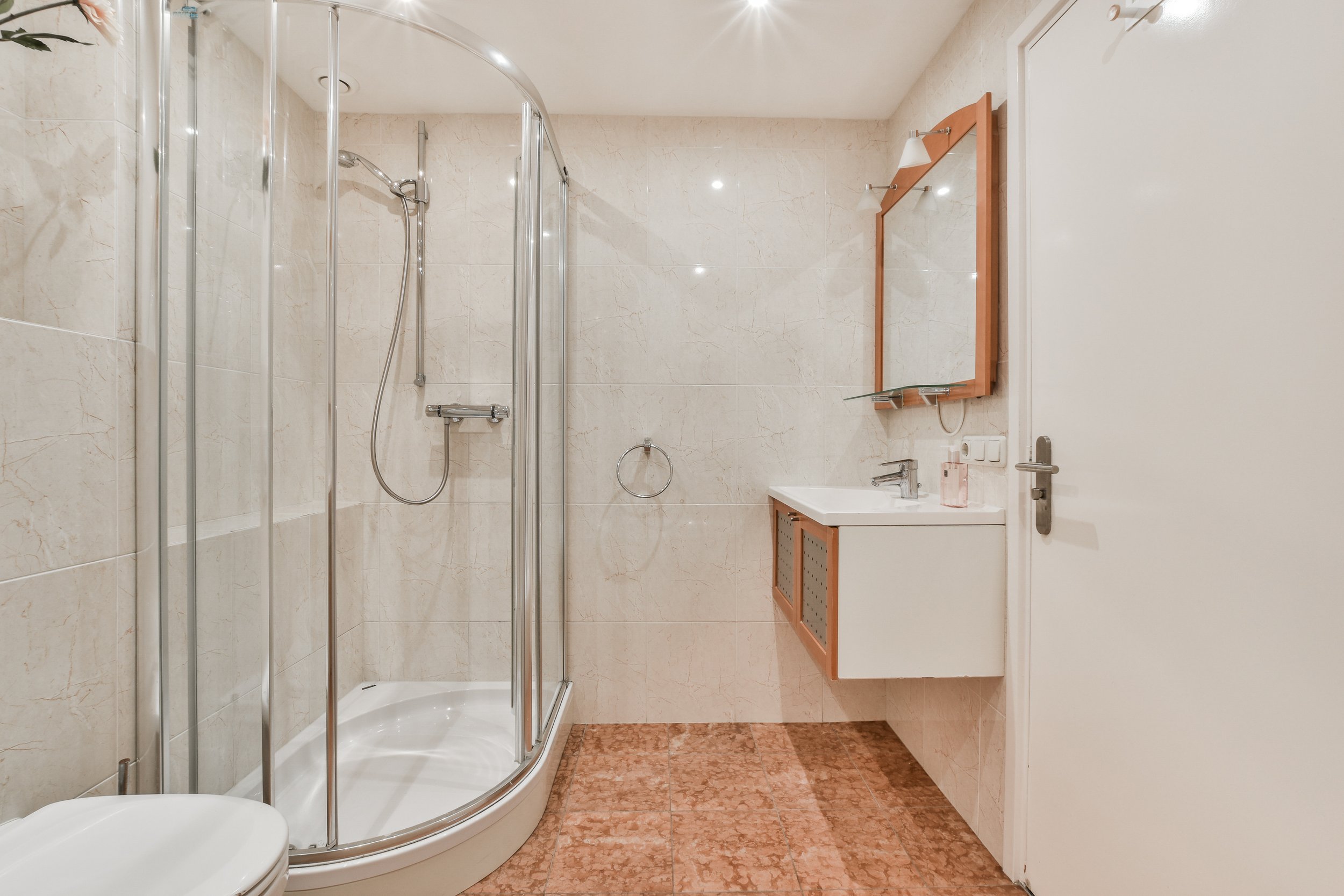
Adding a Basement Bathroom in Alpharetta: Costs and Contractor Tips
Homeowners in Alpharetta ask for basement bathrooms more than any other upgrade after a media room. A well‑planned bath lets guests stay comfortably, supports a future in‑law suite, and raises resale appeal in north Fulton. It also makes the most of square footage you already own. The work, however, is more technical than an upstairs bath. Concrete, drains, vents, and permits do not forgive shortcuts. Here is what it really takes, what it costs in the Alpharetta market, and how an expert team approaches it so it passes inspection and functions for decades.
What drives cost in an Alpharetta basement bathroom
Price depends on plumbing difficulty, fixture quality, and the finish level that fits the rest of the home. In Alpharetta and the greater Atlanta area, a code‑compliant basement bathroom with a toilet, vanity, and shower typically lands in the $18,000 to $42,000 range. Powder rooms without a shower tend to run $12,000 to $22,000. Primary drivers include location relative to the main stack, whether the slab needs trenching, and the need for an ejector pump.
Homes in neighborhoods like Windward, Glen Abbey, and Ocee often have basements below the street sewer elevation. That triggers a sewage ejector pump to lift waste to the main line. Expect a $2,200 to $4,800 line item for the pump basin, venting, check valve, electrical circuit, and labor. If the drain lines can run by gravity to an existing stack, the budget can drop by several thousand.
Fixtures and tile set the tone and the spend. Builders often choose porcelain tile for durability and budget control, with quartz or solid‑surface vanities for low maintenance. Large format tiles reduce grout lines, which helps in a basement where humidity can rise in summer. Frameless glass doors look great but add $1,200 to $2,000 compared with a curtain setup.
Plumbing realities under a concrete slab
Most basements require saw‑cutting the slab to run drains and set the closet flange. Trenches must maintain proper slope, typically one quarter inch per foot for 2‑inch lines, with cleanouts accessible under code. A licensed plumber evaluates pipe size, vent path, and the tie‑in point to the existing stack. In many Alpharetta homes built in the late 90s and early 2000s, builders left a “stub‑out” with a capped drain and vent. If that’s present, it can save time and reduce dust.
Where a stub‑out is missing or in the wrong spot, a good contractor will ground‑scan before cutting to avoid post‑tension cables or embedded conduits. After inspection, crews backfill trenches with compacted gravel and pour high‑strength concrete, troweled flush so floor tile lays flat. The transition area becomes almost invisible when done right.
Venting and moisture control in Georgia humidity
Basement bathrooms need proper venting, both for plumbing and for air. The plumbing vent ties back to the main vent stack or runs as a dedicated vent through the rim joist or roof, depending on layout. Air Heide Contracting: basement finishing services in Atlanta, GA. admittance valves may appear in some DIY videos, but local code and inspector preferences in Fulton County often require a hard vent. It is worth confirming before framing closes.
For air movement, a quiet, dedicated exhaust fan that vents outside is essential. A 110–150 CFM fan sized to the room helps prevent mildew. Adding a timer switch keeps the fan running after showers. In Alpharetta’s summer humidity, a whole‑space dehumidifier set to 50 percent keeps trim and doors stable and protects grout. Many homeowners pair the project with a minor HVAC balance to send a supply register and return grille into the new room.
Layout that works in real life
A basement bathroom succeeds when it fits how the lower level will be used. For a guest suite, a 36‑inch wide shower with a low curb, a comfort‑height toilet, and a 36‑ to 48‑inch vanity make the space comfortable for visitors. If the basement doubles as a kids’ zone, choose durable surfaces and a handshower on a slide bar for easy cleanup. Where the space allows, a pocket door saves swing clearance and keeps circulation smooth.
Contractors often anchor the bathroom close to existing plumbing to avoid long trench runs. Corner showers free up wall space for storage. A small linen niche can be framed between studs and tiled to hold towels. Heated floors add comfort on concrete but require planning for height and a dedicated circuit.
Permits, inspections, and typical timeline in Alpharetta
Basement bathrooms require permits in Alpharetta. Expect plumbing, electrical, and building permits, with inspections at rough‑in and final. A typical schedule runs six to eight weeks from signed contract to final punch list for a full bath, assuming clear access and no water issues. The sequence follows a logical path: design and selections, permitting, demo and saw‑cutting, rough plumbing and electrical, framing adjustments, inspections, concrete patch, drywall, tile, trim, fixtures, and paint.
Inspections go smoother with clean job sites, clear labeling of circuits, and accessible cleanouts. An experienced contractor coordinates inspector preferences, such as strap spacing on vents or GFCI/AFCI breaker requirements, which vary slightly across the Atlanta metro.
What surprises homeowners the first time
The mess from slab cutting can shock people. Even with dust control, fine concrete dust tries to travel. Crews should isolate the area with zip walls, run negative air, and clean daily. Another surprise is the space a pump basin takes. It needs a serviceable location with a removable lid and clear access to the check valve. Sound matters too. Quality basins and proper vibration isolation keep the pump noise brief and unobtrusive.
Waterproofing details make the difference between a bath that looks good and one that lasts. A proper shower build uses a bonded waterproof membrane, sloped pan, and flood test before tile. Caulked corners alone are not waterproofing. Many failures we see come from skipped membranes or flat pans.
Budget breakdown: where the money goes
On a mid‑range full bath in Alpharetta, labor tends to account for roughly 55 to 65 percent of the cost. Materials and fixtures fill the rest. Expect meaningful slices for plumbing rough‑in, tile setting, and shower glass. If the plan adds an ejector pump, its basin, vent, and electrical often total eight to twelve percent of the budget. Finishes drive variance: porcelain tile and a prefabricated vanity keep costs predictable; natural stone and custom cabinetry stretch the spend and lead time.
Homeowners can control cost by keeping the bath near existing plumbing, choosing standard sizes, and confirming selections before work starts. Changes after rough‑in can trigger re‑work on drains and vents, which slows the schedule and raises costs.
Picking the right contractor for a basement bath
Experience with basement systems matters more than any glossy photo. Ask to see a recent job in Alpharetta or nearby Johns Creek where the team installed an ejector pump and passed inspection. Request a plan for dust control, flood testing, and vent routing. Confirm licensing and insurance, and ask who will be on site daily. A clear schedule, a documented change‑order process, and weekly updates keep the project steady.

Heide Contracting focuses on basement finishing services in Atlanta, GA, including Alpharetta, Milton, Roswell, and Sandy Springs. The team handles design, permits, plumbing, and finishes under one roof. That tight coordination protects the schedule and keeps costs transparent.
Small decisions that pay off downstairs
A few choices deliver daily value. A comfort‑height, elongated toilet improves ergonomics and stays in stock. A single‑handle shower valve with scald guard makes the bath safe for guests and kids. Bright, 3000K LED lights keep the space inviting but neutral. If ceiling height is limited by ductwork, a low‑profile recessed light over the shower keeps headroom. For storage, a recessed medicine cabinet above the vanity adds depth without consuming floor area.
Basement floors stay cool year‑round. LVP in the main area with a tiled bath gives warmth and resilience where it matters. If the slab is uneven, plan for self‑leveling underlayment before tile to avoid lippage and cracked grout.
Local context: soil, water, and code notes
North Fulton’s red clay drains slowly. Exterior water management affects interior comfort. Before closing in a bathroom, confirm that gutters, downspouts, and grading move water away from the foundation. If a sump system exists, protect its access and power source during the remodel. Code in the Atlanta area requires GFCI protection for bathroom receptacles and often AFCI at the breaker. Smoke and CO detectors may need updating if the project triggers them; a good contractor will flag this during permitting.
Older Alpharetta homes may have cast iron stacks. Tying PVC to cast iron requires the right shielded couplings and support to prevent movement. A rushed tie‑in is where leaks start. Crews should pressure‑test and stage photos before covering work.
A realistic path from idea to finished bath
Most projects begin with a site visit and a camera look at existing drain routes. From there, a contractor will sketch two or three layouts, estimate, and help pick finishes. Permitting can take one to two weeks depending on the season. The messy part happens early: saw‑cutting and rough‑ins. Once inspections pass, progress speeds up. Tile and glass bring the space to life in the last two weeks.
Homeowners who plan ahead on selections and keep decisions tight to the plan enjoy smoother builds. Clear walk paths, pet plans, and reserved parking for work trucks sound simple but save days over the life of a project.

Ready to add a basement bath in Alpharetta?
Heide Contracting builds code‑compliant, good‑looking basement bathrooms across Alpharetta and the Metro Atlanta area. The team understands the trade‑offs between pump systems and gravity lines, knows local inspector expectations, and respects homes during messy phases. For homeowners comparing full suites versus a guest powder room, they provide clear pricing, schedules, and finish options that match the house.
If you are planning a larger remodel, ask about complete basement finishing services in Atlanta, GA. One integrated team can deliver the bath, living area, bar, office, and storage as a single, well‑coordinated project.
Schedule a site visit in Alpharetta. Get a practical plan, a firm number, and a timeline that holds.

Heide Contracting provides renovation and structural construction services in Atlanta, GA. Our team specializes in load-bearing wall removal, crawlspace conversions, and basement excavations that expand and improve living areas. We handle foundation wall repairs, masonry, porch and deck fixes, and structural upgrades with a focus on safety and design. Whether you want to open your floor plan, repair structural damage, or convert unused space, we deliver reliable solutions with clear planning and skilled work. Heide Contracting
Atlanta,
GA,
USA
Phone: (470) 469-5627 Website:
https://www.heidecontracting.com,
Basement Conversions
Instagram: @heidecontracting
Facebook: Heide Contracting